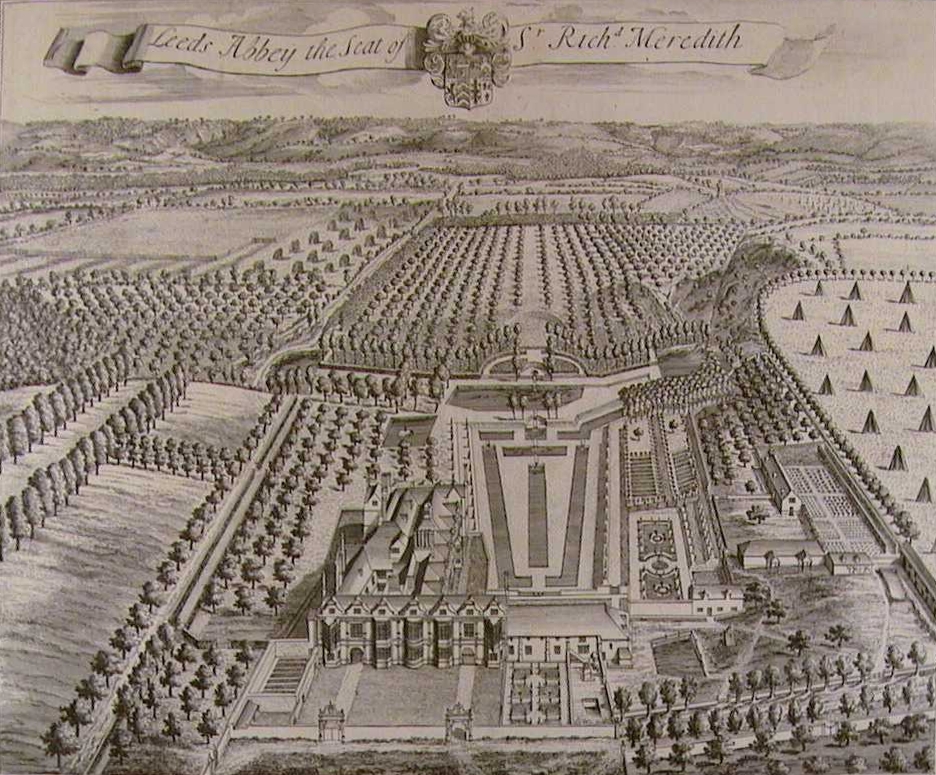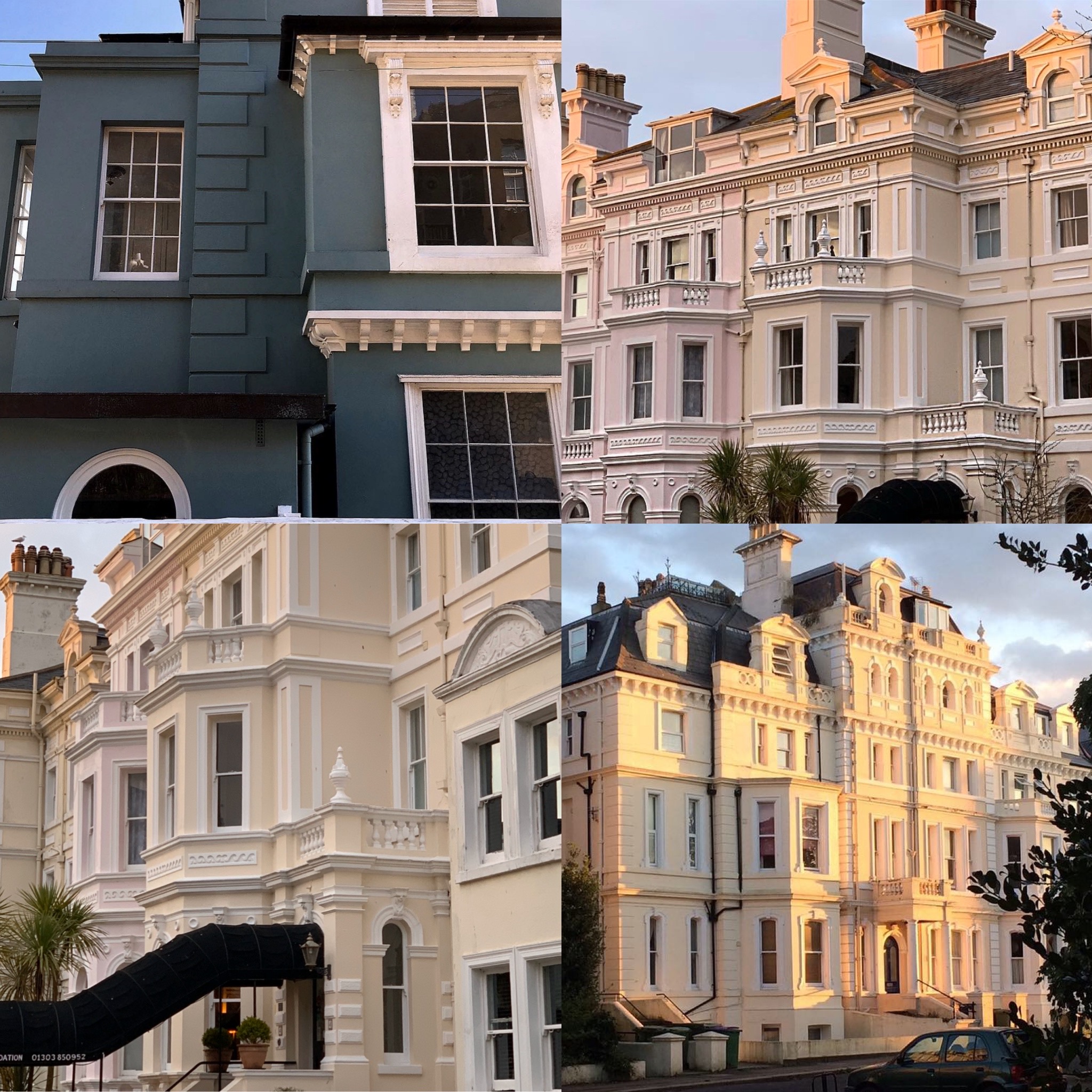|
Sir Henry Oxenden, 1st Baronet
Sir Henry Oxenden, 1st Baronet (1614–1686) was an English politician who sat in the House of Commons of England, House of Commons at various times between 1645 and 1660. Oxenden was the eldest son of Sir James Oxenden of Deane and his wife Margaret Nevinson, daughter of Thomas Nevinson of Eastry, Kent. He was knighted on 11 July 1660, despite his family's rather dubious record of loyalty to the Crown.William Betham (1749–1839), William Betham''The Baronetage of England'' Volume 3/ref> Oxenden was elected Member of Parliament for Winchelsea (UK Parliament constituency), Winchelsea as a recruiter to the Long Parliament in 1645. He was elected MP for Kent (UK Parliament constituency), Kent in the First Protectorate Parliament of 1654 and in the Second Protectorate Parliament in 1656. In 1660 he was elected MP for Sandwich (UK Parliament constituency), Sandwich in the Convention Parliament (1660), Convention Parliament. He was created Oxenden Baronets, Baronet in on 6 May 1678. ... [...More Info...] [...Related Items...] OR: [Wikipedia] [Google] [Baidu] |
Sir Henry Oxenden 1st Baronet
''Sir'' is a formal honorific address in English language, English for men, derived from Sire in the High Middle Ages. Both are derived from the old French "" (Lord), brought to England by the French-speaking Normans, and which now exist in French only as part of "", with the equivalent "My Lord" in English. Traditionally, as governed by law and custom, Sir is used for men who are knights and belong to certain Order of chivalry, orders of chivalry, as well as later applied to baronets and other offices. As the female equivalent for knighthood is damehood, the ''suo jure'' female equivalent term is typically Dame. The wife of a knight or baronet tends to be addressed as Lady, although a few exceptions and interchanges of these uses exist. Additionally, since the late modern period, Sir has been used as a respectful way to address a man of superior social status or military rank. Equivalent terms of address for women are Madam (shortened to Ma'am), in addition to social honorif ... [...More Info...] [...Related Items...] OR: [Wikipedia] [Google] [Baidu] |
Leeds Abbey
Leeds Priory, also known as Leeds Abbey, was a priory in Leeds, Kent, England, that was founded in 1119 and dissolved in 1539. A mansion was later built on the site of the priory; it was demolished in the late 18th century. The site of the former priory is a scheduled monument. Description The original priory church was built in the Norman style. Materials used in the construction were Kentish Ragstone, with Caen stone corners. It had a vaulted porch, similar to that to be seen today at Snettisham church, Norfolk. In the 1320s, the nave was rebuilt, and the north transept was enlarged in the Decorated style. The south transept may have been rebuilt at this time. At a later date, probably in the late 1380s or early 1390s, the presbytery was replaced. This was a reversal of the normal process, where the presbytery was rebuilt before the nave and transepts. A probable cause was the sharply rising ground immediately east of the church presenting a barrier to extension. The chapte ... [...More Info...] [...Related Items...] OR: [Wikipedia] [Google] [Baidu] |
English MPs 1654–1655
English usually refers to: * English language * English people English may also refer to: Culture, language and peoples * ''English'', an adjective for something of, from, or related to England * ''English'', an Amish term for non-Amish, regardless of ethnicity * English studies, the study of English language and literature Media * ''English'' (2013 film), a Malayalam-language film * ''English'' (novel), a Chinese book by Wang Gang ** ''English'' (2018 film), a Chinese adaptation * ''The English'' (TV series), a 2022 Western-genre miniseries * ''English'' (play), a 2022 play by Sanaz Toossi People and fictional characters * English (surname), a list of people and fictional characters * English Fisher (1928–2011), American boxing coach * English Gardner (born 1992), American track and field sprinter * English McConnell (1882–1928), Irish footballer * Aiden English, a ring name of Matthew Rehwoldt (born 1987), American former professional wrestler ... [...More Info...] [...Related Items...] OR: [Wikipedia] [Google] [Baidu] |
Baronets In The Baronetage Of England
A baronet ( or ; abbreviated Bart or Bt) or the female equivalent, a baronetess (, , or ; abbreviation Btss), is the holder of a baronetcy, a hereditary title awarded by the British Crown. The title of baronet is mentioned as early as the 14th century; however, in its current usage it was created by James I of England in 1611 as a means of raising funds for the crown. Baronets rank below barons, but seemingly above all knights grand cross, knights commander and knights bachelor of the British chivalric orders, that are in turn below in chivalric precedence than the most senior British chivalric orders of the Garter and the Thistle. Like all British knights, baronets are addressed as "Sir" and baronetesses as "Dame". They are conventionally seen to belong to the lesser nobility, although William Thoms in 1844 wrote that: The precise quality of this dignity is not yet fully determined, some holding it to be the head of the , while others, again, rank Baronets as the ... [...More Info...] [...Related Items...] OR: [Wikipedia] [Google] [Baidu] |
1686 Deaths
Events January–March * January 3 – In Madras (now Chennai) in India, local residents employed by the East India Company threaten to boycott their jobs after corporate administrator William Gyfford imposes a house tax on residences within the city walls. Gyfford places security forces at all entrances to the city and threatens to banish anyone who fails to pay their taxes, as well as to confiscate the goods of merchants who refuse to make sales. A compromise is reached the next day on the amount of the taxes. * January 17 – King Louis XIV of France reports the success of the Edict of Fontainebleau, issued on October 22 against the Protestant Huguenots, and reports that after less than three months, the vast majority of the Huguenot population had left the country. * January 29 – In Guatemala, Spanish Army Captain Melchor Rodríguez Mazariegos leads a campaign to conquer the indigenous Maya people in the rain forests of Lacandona, departing from ... [...More Info...] [...Related Items...] OR: [Wikipedia] [Google] [Baidu] |
1614 Births
Events January–March * January 22 – Led by Hasekura Tsunenaga, Japan's trade expedition to New Spain (now Mexico) arrives on the Mexican coast with 22 samurai, 120 Japanese merchants, sailors and servants, and 40 Spaniards and Portuguese who serve as interpreters. Having reached the Americas after a voyage that began on October 28, the expedition travels to Acapulco and arrives on January 25. * January 27 – The Noordsche Compagnie is founded in the Netherlands at Vlieland as a cartel in the whaling market. * February 1 – In Japan, the practice of Christianity is banned and an edict issues for the expulsion of all foreign missionaries. * February 2 – Iran's Safavid dynasty Emperor, Abbas the Great, carries out the execution of his oldest son, Crown Prince Mohammad Baqer Mirza, on suspicion that his son is planning to kill him. * February 14 (February 4 O.S.) – King James I of England issues his proclamation ''Against Private Challenges and Combats'' in a ... [...More Info...] [...Related Items...] OR: [Wikipedia] [Google] [Baidu] |
Folkestone
Folkestone ( ) is a coastal town on the English Channel, in Kent, south-east England. The town lies on the southern edge of the North Downs at a valley between two cliffs. It was an important harbour, shipping port, and fashionable coastal resort for most of the 19th and mid-20th centuries. This location has had a settlement since the Mesolithic era. A nunnery was founded by Eanswith, granddaughter of Æthelberht of Kent in the 7th century, who is still commemorated as part of the town's culture. During the 13th century, it developed into a seaport, and the harbour developed during the early 19th century to defend against a French invasion. Folkestone expanded further west after the arrival of the railway in 1843 as an elegant coastal resort, thanks to the investment of the Earl of Radnor under the urban plan of Decimus Burton. In its Edwardian-era heyday, Folkestone was considered the most fashionable resort of the time, visited by royalty — amongst them Queen Victoria and ... [...More Info...] [...Related Items...] OR: [Wikipedia] [Google] [Baidu] |
Lord Chief Justice Of Ireland
The Court of King's Bench (or Court of Queen's Bench during the reign of a Queen) was one of the senior courts of common law in Ireland. It was a mirror of the Court of King's Bench in England. The Lord Chief Justice was the most senior judge in the court, and the second most senior Irish judge under English rule and later when Ireland became part of the United Kingdom. Additionally, for a brief period between 1922 and 1924, the Lord Chief Justice of Ireland was the most senior judge in the Irish Free State. History of the position The office was created during the Lordship of Ireland (1171–1536) and continued in existence under the Kingdom of Ireland (1536–1800) and the United Kingdom of Great Britain and Ireland. Prior to the Supreme Court of Judicature Act (Ireland) 1877, the Lord Chief Justice presided over the Court of King's/Queen's Bench, and as such ranked foremost amongst the judges sitting at common law. After 1877, the Lord Chief Justice assumed the presidenc ... [...More Info...] [...Related Items...] OR: [Wikipedia] [Google] [Baidu] |
Robert Booth (judge)
Sir Robert Booth (1626–1681) was an English-born judge who had a highly successful career in Ireland, where he held the offices of Chief Justice of the Irish Common Pleas and Lord Chief Justice of the King's Bench in Ireland. Early life He belonged to the Booth family of Salford: he was the eldest son of Robert Booth, a wealthy landowner, and Anne Mosley, daughter of Oswald Mosley of Ancoats, Manchester, (who was also the ancestor of the prominent twentieth-century politician Sir Oswald Mosley), and his wife Anne Lowe. His father died when Robert was about twelve and his mother remarried the noted Presbyterian preacher and Parliamentarian Thomas Case. Booth himself, though he was a member of the Church of England, had strong nonconformist leanings. He was educated at Manchester Grammar School and St. John's College, Cambridge, where he matriculated in 1644. He entered Gray's Inn in 1642 and was called to the bar in 1650; he became an ancient of Gray's Inn in 1662. Career ... [...More Info...] [...Related Items...] OR: [Wikipedia] [Google] [Baidu] |
George Oxenden (lawyer)
George Oxenden (October 1651 – 21 February 1703) was an English academic, lawyer and politician who sat in the House of Commons from 1695 to 1698. Oxenden was the son of Sir Henry Oxenden, 1st Baronet of Deane, Kent and his second wife Elizabeth Merideth, daughter of Sir William Meredith, 1st Baronet. He was admitted at Trinity Hall, Cambridge as a scholar on 8 July 1667 becoming a Fellow in 1671 and being awarded LLB in 1673, MA in 1675 and LLD in 1679. He was incorporated at Oxford University in 1674 and entered Doctor's Commons in 1679. In 1684 he became Regius Professor of Civil Law at Cambridge. He became Master of Trinity Hall in 1689. He also became vicar-general to the Archbishop of Canterbury and Dean of Arches and a judge of the Admiralty in 1689. He was one of the commissioners for the rebuilding of St Paul's Cathedral from 1692 and Vice-Chancellor of the University of Cambridge for 1692–1693. In 1695 Oxenden was elected as Member of Parliament for Cambridge ... [...More Info...] [...Related Items...] OR: [Wikipedia] [Google] [Baidu] |





